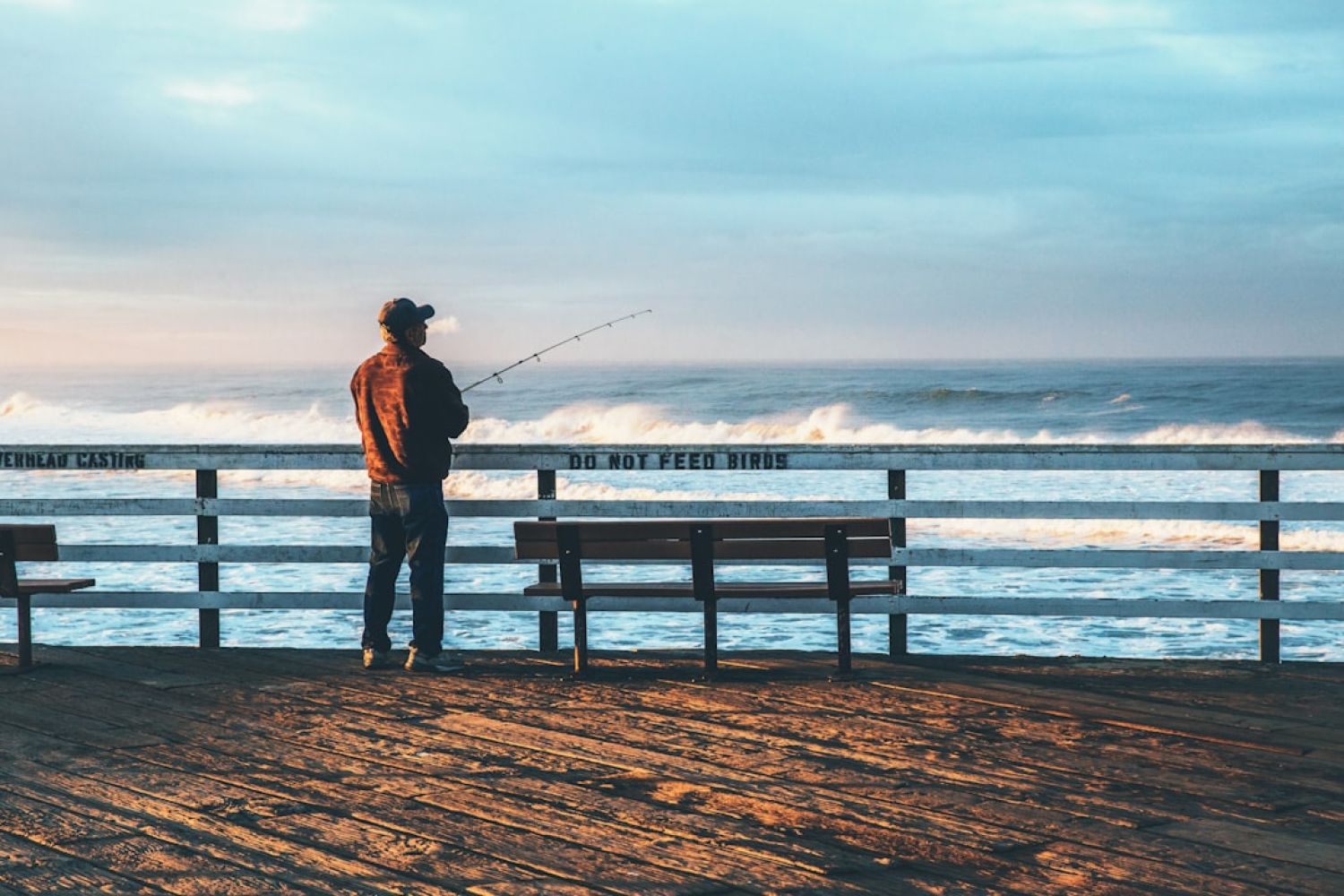Fishing is more than just a pastime; it’s an experience that connects you with nature, offers a sense of tranquility, and, for many, serves as a way to bond with friends and family. However, to make the most of your fishing adventure, careful preparation is essential. Whether you’re a seasoned angler or a beginner, having a solid plan can enhance your experience and increase your chances of success. Here’s how to prepare for a fishing trip that will leave you with great memories and, hopefully, a big catch.
Choose Your Destination
The first step in planning your fishing trip is selecting the right location. Consider the type of fishing you want to do—freshwater or saltwater—and research local lakes, rivers, or coastlines known for good fishing. Look for places that are known for the species you want to catch, whether it’s trout, bass, or marlin. Additionally, check the regulations for that area, including fishing seasons, size limits, and any necessary licenses. Websites like state fish and wildlife agencies provide valuable information to help you make informed decisions.
Gear Up Properly
Once you’ve selected your destination, it’s time to gather your gear. Your fishing equipment will largely depend on the type of fishing you plan to do. For freshwater fishing, a simple spinning rod and reel combo may suffice, while saltwater fishing may require more specialized gear. Ensure that your fishing rod, reel, lines, and hooks are in good condition. Check for any wear and tear, and replace anything that looks worn out.
Don’t forget to pack essential accessories like a tackle box filled with lures and bait suited to your target species, a fishing net, and a measuring tape for those trophy catches. If you’re planning to fish from a boat, ensure that you have life jackets, a first aid kit, and any safety equipment required by local laws.
Prepare Your Clothing
Weather can be unpredictable, so dressing appropriately is crucial. Layer your clothing to adapt to changing temperatures throughout the day. Lightweight, moisture-wicking fabrics will keep you comfortable, while a waterproof jacket can protect you from unexpected rain. Don’t forget to wear sturdy footwear suitable for wet or rocky conditions. A wide-brimmed hat and polarized sunglasses can shield you from the sun and enhance visibility into the water, allowing you to spot fish more easily.
Pack Food and Hydration
Fishing can be a physically demanding activity, so keeping your energy levels up is vital. Pack a cooler with plenty of water to stay hydrated, along with snacks that are easy to eat on the go, like trail mix, granola bars, or sandwiches. If you plan to spend a whole day fishing, consider packing a more substantial meal to enjoy while you take a break. Remember, leaving no trace is essential; bring along trash bags to dispose of any waste properly.
Know the Techniques
Before you set out, refresh your knowledge of fishing techniques and the behaviors of the species you’re targeting. Understanding when fish are more likely to be biting during the day and what bait works best can significantly enhance your chances of success. Practice your casting skills if you’re new to fishing; accuracy can make a world of difference in attracting fish. Additionally, familiarize yourself with catch-and-release methods if you plan to practice conservation.
Safety First
Safety should always be your top priority on any fishing trip. Ensure that someone knows your itinerary and expected return time. If you’re fishing from a boat, check the weather forecast and be prepared for sudden changes. Equip your boat with safety gear, including a first aid kit, life jackets, and flares. If you’re fishing in remote areas, it’s wise to have a fully charged phone or a GPS device for navigation.
Make the Most of Your Experience
As your fishing trip unfolds, immerse yourself in the experience. Enjoy the serenity of your surroundings, the thrill of the catch, and the company of your fellow anglers. Take photos, share stories, and embrace the adventure. Each fishing trip is unique, and the memories you create will last long after the day is done.
Planning a fishing trip doesn’t have to be overwhelming. With the right preparations, you can focus on what truly matters: enjoying the great outdoors, honing your skills, and making lasting memories with friends and family. Happy fishing!
